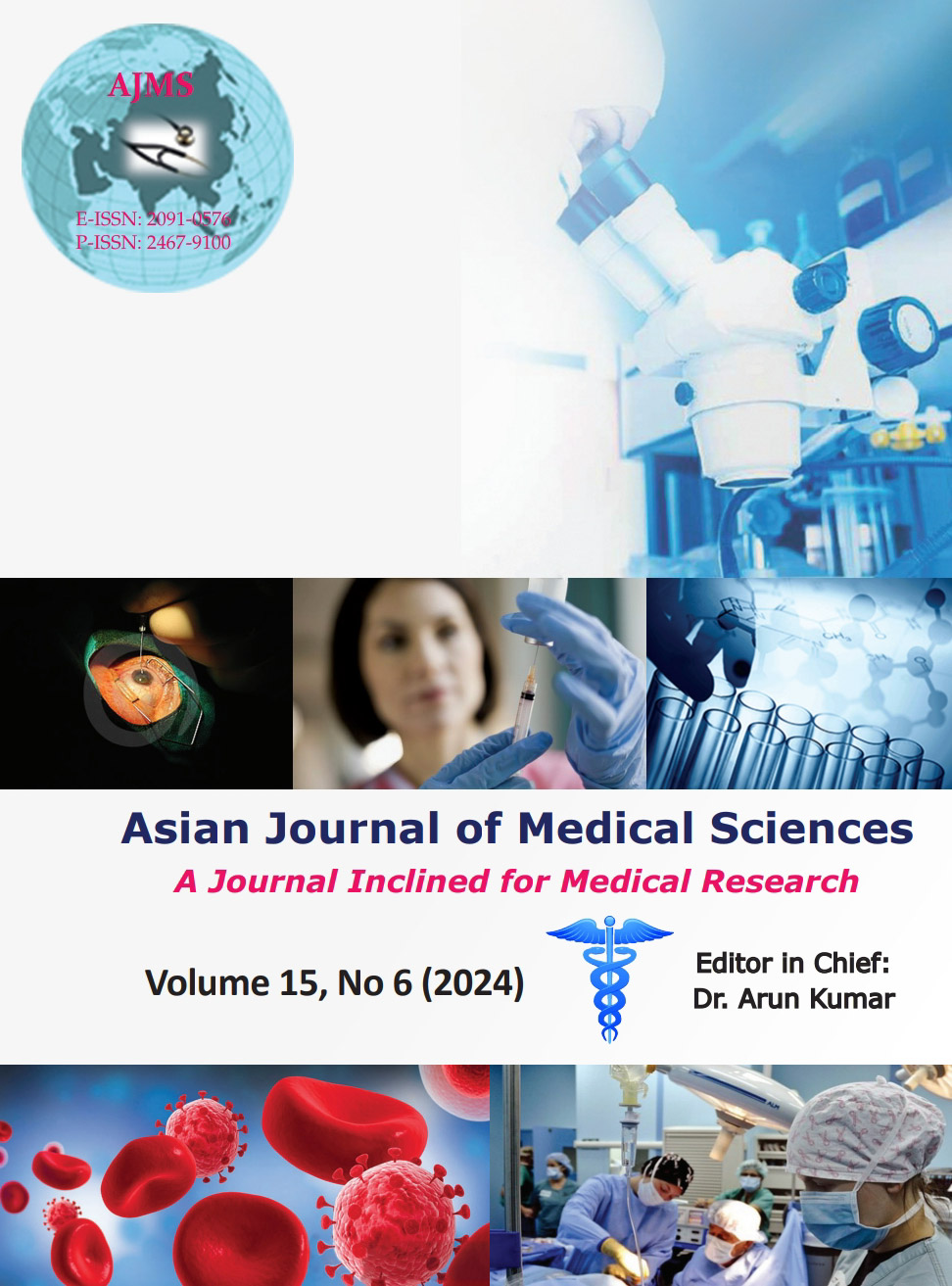Determining the factors which impact management of acute poisonings due to therapeutic medicines
Keywords:
Deliberate self-harm; Therapeutic medicines; Poisoning; Toxicological screeningAbstract
Background: In a developing country such as India, intentional poisoning is associated with a high degree of morbidity and mortality. Historically, the use of agricultural poisons for attempted deliberate self-harm (DSH) has taken precedence. However, urbanization and stringent laws governing sale of agricultural chemicals, in recent years, may have shifted the focus of seekers toward commercially available therapeutic medications. Further, urbanization, high health-care seeking behavior, and poor regulation on sale of medicines, in Kerala, provide a conducive environment for such attempts.
Aims and Objectives: The objective of this study was to determine the contribution of therapeutic medication toward acute poisoning as a means of DSH and the factors contributing to the same.
Materials and Methods: Patients who obtained treatment for acute poisoning after DSH, between 2017 and 2023, were screened, those who employed therapeutic medication for the same were further determined. Sociodemographic details, clinical profile, and history of previous such attempts and treatment history including toxicological screening report were gathered and analyzed.
Results: In our study of 154 patients arriving at the emergency department with history of DSH, 41% used therapeutic medicines for the same. Majority were women (75%) and most had a high school education (64%) or above. The most common agents were determined as paracetamol (23%) and benzodiazepine (10.6%). Tox screen was performed for 45% of patients. Organ failure developed in 36% patients with drug levels above and 42% of those with levels below the therapeutic range. However, 48% of those who did not undergo toxicological screening developed organ failure. Organ failure developed in 42% of patients, with acute liver injury being the most common culprit (25%). Management was symptomatic unless an antidote was available.
Conclusion: Prescription drugs utilization for DSH was common in women and patients with higher educational status. Over-the-counter drugs and psychiatric medication were frequently used. Lack of prompt access to healthcare may contribute to organ failure. Tox-screen is recommended for drug detection.
Downloads
Downloads
Published
How to Cite
Issue
Section
License
Copyright (c) 2024 Asian Journal of Medical Sciences

This work is licensed under a Creative Commons Attribution-NonCommercial 4.0 International License.
Authors who publish with this journal agree to the following terms:
- The journal holds copyright and publishes the work under a Creative Commons CC-BY-NC license that permits use, distribution and reprduction in any medium, provided the original work is properly cited and is not used for commercial purposes. The journal should be recognised as the original publisher of this work.
- Authors are able to enter into separate, additional contractual arrangements for the non-exclusive distribution of the journal's published version of the work (e.g., post it to an institutional repository or publish it in a book), with an acknowledgement of its initial publication in this journal.
- Authors are permitted and encouraged to post their work online (e.g., in institutional repositories or on their website) prior to and during the submission process, as it can lead to productive exchanges, as well as earlier and greater citation of published work (See The Effect of Open Access).




